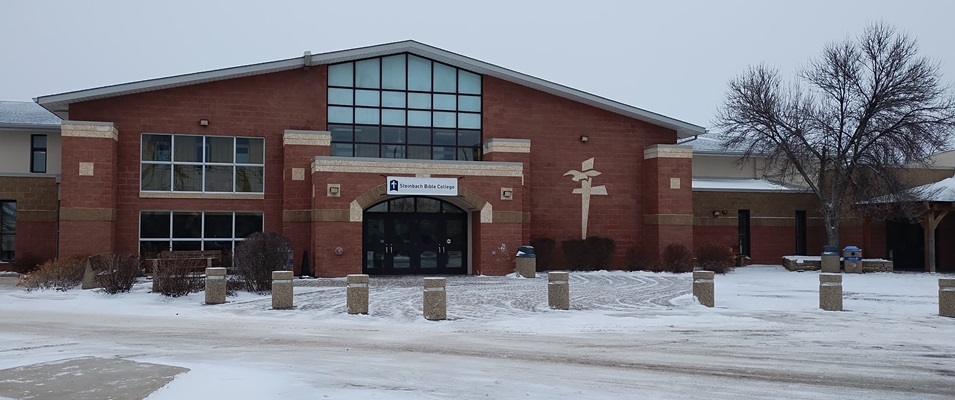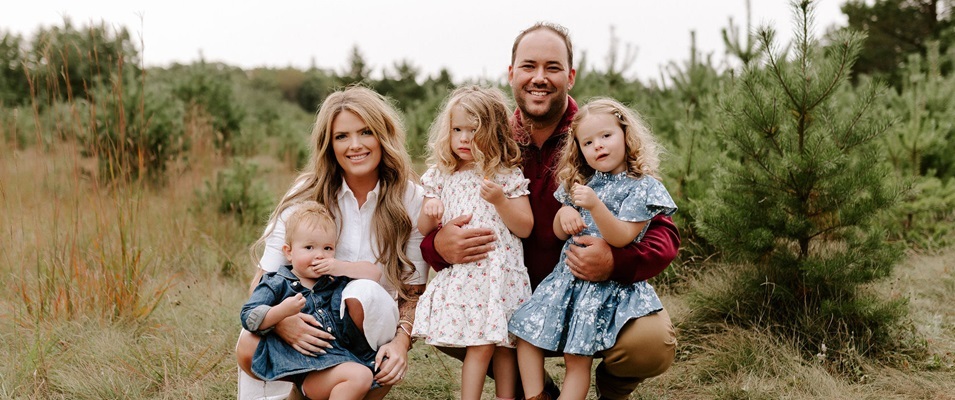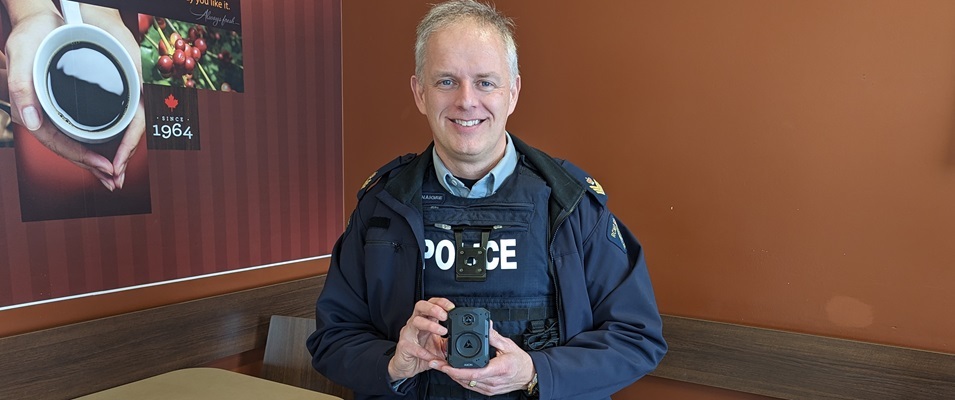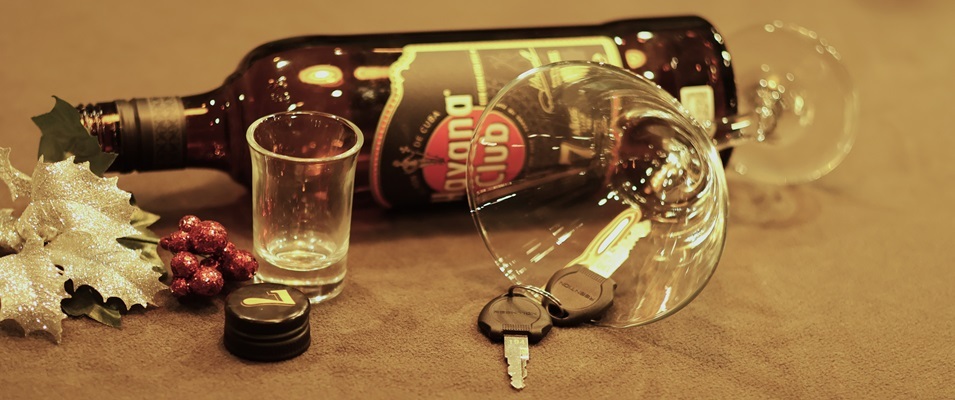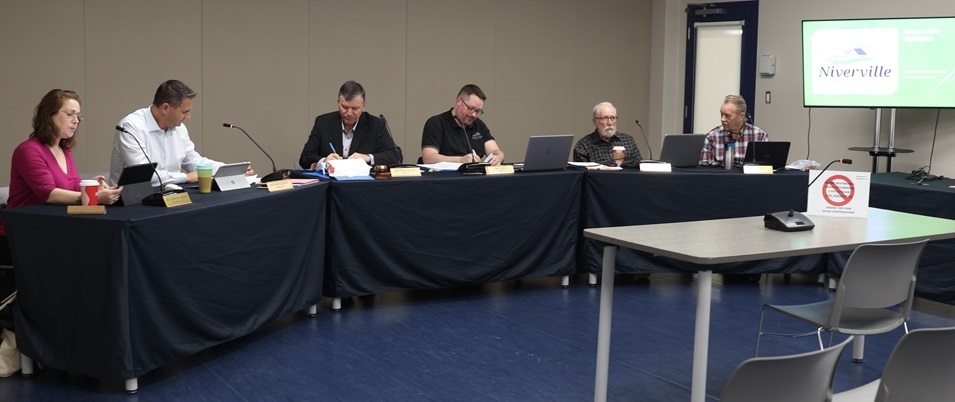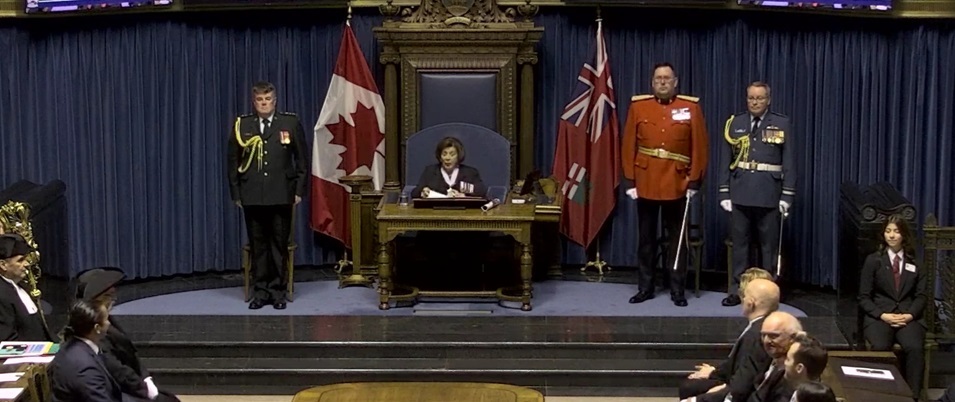
For decades now, Remembrance Day has been an occasion of special significance in Niverville, largely due to a team of dedicated volunteers who has for decades sought to convey the timeless message, “lest we forget,” in a vibrant and meaningful way.
After a long series of ceremonies held at the Niverville Heritage Centre, this year’s event on November 11 is going back to the cenotaph on Main Street at 10:30 a.m.
“The ceremony will be a step back from what we have done over the years,” says volunteer Donald Stott. “We will have a more traditional ceremony with songs, a bagpiper, the act of remembrance, and wreath laying.”
In fact, it’s a big step back from what the Remembrance Day committee has taken on in previous years, which grew to include wartime stories from special guest speakers and a full luncheon.
Those two elements will be skipped this year with the hope that they might return again next year.
There are no guarantees, though, as some members of the eight-person committee are aging out while others are getting tired.
Committee work is not a huge undertaking, they say, but at some point any group of this type needs fresh faces and ideas—and that’s exactly what they’re looking for: five or six fresh faces who they hope will take an interest before next year’s Remembrance Day event.
“The time commitment is not onerous,” Stott says. “We only meet six to eight times per year. We believe the key to success, however, is to have at least one well-organized, energetic, enthusiastic person to make sure that everyone is working in the same direction, but not stepping on each other's toes.”
Stott, who’s been on the committee for 25 years, wants to assure newcomers that he will not be stepping away, just moving to the sidelines. The current committee will continue to provide mentorship in terms of relationships forged and connections made from their many years of experience.
Because if one thing is certain to Stott and the others, Canadians cannot afford to forget the past.
“9/11 woke people up around the country and around the world,” Stott says. “It reminded us all that we are one small step away from an event that could spiral out of control and be worse than anything in our history. The past 20 years of conflicts around the world, the situations in the Ukraine and Israel/Gaza as the most current examples, continue to remind us of the fragility of peace.”
Stott’s father was a WWII veteran. Growing up in his childhood home meant Stott was constantly reminded that peace is a gift that has been purchased through the sacrifices of many men and women who never lived to experience it themselves.
“A promise was made a long time ago, by the survivors of some of the worst conflicts the world has ever seen,” says Stott. “And that promise was to never forget the atrocities, destruction, and sacrifices that people had to live and die through. I think that if we fail to learn from history, we may be destined to repeat it.”
When Stott took the helm to continue the annual Remembrance Day ceremony a quarter-century ago, the event was compact and traditional.
Stott and the committee set out to bring a local perspective to the event, to make it more meaningful for the next generation. There were still a few remaining veterans and war brides among us to share their stories.
One such Niverville war bride was Cicely Wallace, who relived her wartime memories for an attentive Niverville audience. Her rendition of “We’ll Meet Again,” a song made famous by Vera Lynn in 1942, has continued to be an integral part of the Niverville ceremony ever since, now performed by Melanie Bergen.
Niverville resident Fred Kaita also told his story, recalling the Japanese internment of 1942, when 21,000 Japanese Canadians, his family included, were stripped of their British Columbia land holdings and subjected to a forced relocation.
Attendees to these local services have paid rapt attention to tales of concentration camp survivors, mothers who feared for their military child’s safety in wartorn countries, and, most recently, by a family who found refuge in Canada after fleeing the conflict in Ukraine.
“I think this is especially unique for the Niverville ceremony,” Stott says. “Each of these people had a story to tell that we all wanted to hear.”
Over the years, the event evolved to focus attention on the present-day Peacekeepers and military men and women among us. Two of those military vets now sit on the committee.
“Niverville’s Remembrance Day is still about remembering the past. But it has now grown to recognize the present, too. And the number of current veterans attending the ceremony is awe-inspiring.”
Over the years, as the committee continued to find creative ways to keep the message current and relevant, the attendance grew. In the last few years, the ceremony has averaged around 800 people.
“The number one highlight through the years has been the response and support of the people of Niverville,” Stott says. “Every year we are moved by the number of people who show up and support this effort to remember. It has been our privilege to host this gathering of people who want to honour the past and present veterans of Niverville.”
With the simpler event planned for this year’s ceremony, Stott and his committee are still hopeful that people will take the time to come out and stand in solidarity, commemorating those who have paid and continue to pay the price so the rest of us can know freedom.
And if things go as hoped, a whole new generation of committee members will step up to the plate to keep the annual tradition alive and strong, well into the future.








